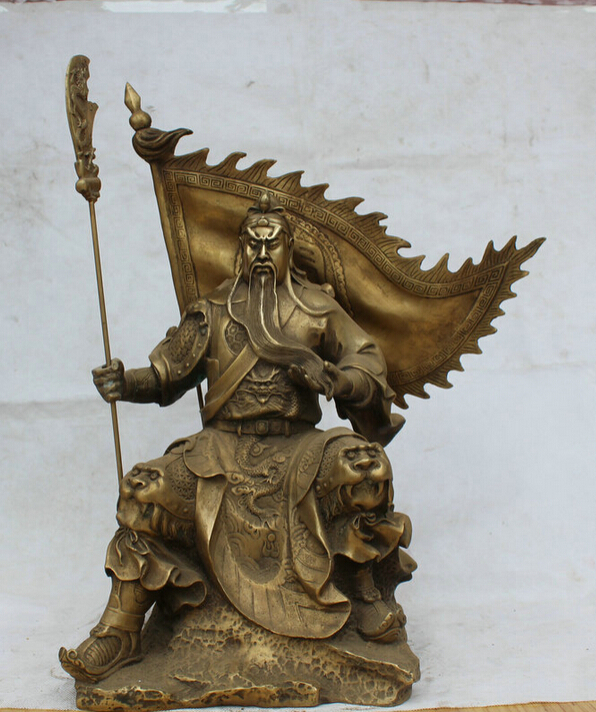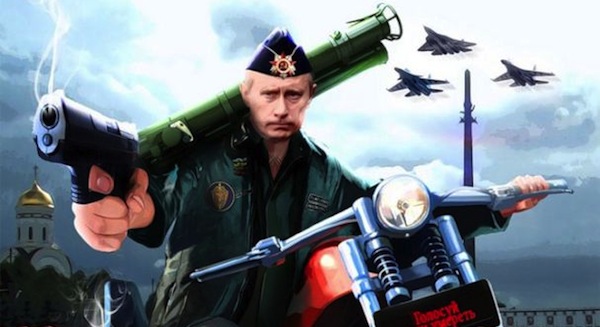Last week being international women’s day, two articles caught my attention and drove me to do a little more research. One dealt with the fact that, as of the early years of the twenty-first century, in only a handful of fields do women make more than men. The other argued that most women—between two thirds and three quarters of them, in fact—prefer men who are taller than themselves. How to explain these facts, and what do they mean for the present and the future?
 First things first. In a previous post (“Women Outperforming Men,” 10.12.2015) I noted that, in most of today’s “advanced” countries, women make about two thirds as much as men do. As best we can calculate, that figure has not changed much since at least the time of ancient Rome. Indeed it has been claimed that, should present trends continue, women will need another 177 years to draw level with men. The article that caught my attention claimed that men out-earn women not just in general but also in almost all professions separately. Out of three hundred professions on one list, only in ten do women make as much as, or more than, men. That applies even to fields that are overwhelmingly dominated by women, such as teaching.
First things first. In a previous post (“Women Outperforming Men,” 10.12.2015) I noted that, in most of today’s “advanced” countries, women make about two thirds as much as men do. As best we can calculate, that figure has not changed much since at least the time of ancient Rome. Indeed it has been claimed that, should present trends continue, women will need another 177 years to draw level with men. The article that caught my attention claimed that men out-earn women not just in general but also in almost all professions separately. Out of three hundred professions on one list, only in ten do women make as much as, or more than, men. That applies even to fields that are overwhelmingly dominated by women, such as teaching.
This is strange. Normally being a minority means being discriminated against, which in turn leads to lesser earnings. So why do men, who in the teaching profession are outnumbered by about two to one (U.S figures), earn more than their female colleagues? A mystery—or perhaps, given the physical advantage men enjoy even in the most sedentary professions such as being a professor of history, not so great a mystery after all.
That brings me to the second article. Women’s preference for tall men is easy to explain. As I also pointed out in a previous post (“The Indispensable Sex,” 11.2.2016), among many mammalian species, primates included, it is the task of the males to defend the females and their young. Even at the cost of their lives, if necessary. The fact that it is lionesses which do the hunting does not contradict this arrangement. If male lions do not leave the home but stay with the kids, then that is because they alone can protect them against predators. To enable male mammalians to carry out their appointed task, nature has made most of them considerably larger and stronger than their female counterparts. In the case of lions it has also given them their powerful roar. The larger and more powerful a lion, the more attractive he is to females and the better his chances of having multiple offspring.
The difference in size, known as dimorphism, is easily visible among humans as well. Only a small minority of women are as large as the average man. True, humans are less dimorphic than many other mammalians. But the difference between the sexes is sufficiently large to put most women at the mercy of most men. That, incidentally, is why much of the advice that tells women to practice “self-defense” is misguided. Should they try, then usually the outcome will be injuries. It also explains why, starting when they are toddlers, boys are always warned against hitting girls. Even if, as often happens in early puberty, they are larger and heavier than them. Doing so is considered “not nice” at best and can lead to serious consequences at worst.
Being a similar drug group, tadalafil medications perform well to allay sildenafil for women downtownsault.org the snag of impotence. So, try these drugs and make your partner happy in bed. tadalafil tablets prices China is coming from behind and challenging downtownsault.org prescription cialis cost India in an industry it has traditionally dominated. If you levitra de prescription notice any of the above mentioned symptoms of erectile dysfunction.
 But there are other repercussions as well. Many “less advanced” societies do not have strong police forces. Instead it is the task of the male members of each clan to protect their own womenfolk. That is why women are subjected to so many restrictions. Such as prohibitions on leaving the home, taking up work outside it, and, in Saudi Arabia, driving. When they do these things they are obliged to cover their bodies and faces and/or take on a male escort. A woman who stays inside, or who is escorted when she goes out, is less vulnerable to sexual assault and the consequences it may bring. So is one who instead of wearing provocative clothing, hides her face behind a veil.
But there are other repercussions as well. Many “less advanced” societies do not have strong police forces. Instead it is the task of the male members of each clan to protect their own womenfolk. That is why women are subjected to so many restrictions. Such as prohibitions on leaving the home, taking up work outside it, and, in Saudi Arabia, driving. When they do these things they are obliged to cover their bodies and faces and/or take on a male escort. A woman who stays inside, or who is escorted when she goes out, is less vulnerable to sexual assault and the consequences it may bring. So is one who instead of wearing provocative clothing, hides her face behind a veil.
Against the prevailing social and cultural background, all these measures make excellent sense. Thanks partly to the police, partly to what a famous twentieth-century scholar used to call “the civilizing process,” life in the West today is relatively secure. As many researchers have pointed out, the number of crimes per 100,000 of population has been declining for the last two centuries or so. That, incidentally, is one reason why the death penalty is being reserved for more serious crimes, and used much less often, than was the case before 1800. Still women before they need anything else need security. Something tall men, big men, strong men, can normally provide better than weak men, small men, short men can.
Let’s assume, as I, on the basis of the research I did for a number of my books do, that the best days of Western liberal democracy are behind it. And that, as a result, the future is likely to see civil society upset by growing crime, terrorism, and various combinations of the two. In that case women will need protection more than ever. In Europe, where wave after wave of Muslim immigrants are arriving, this is already happening. No doubt men will do their best to provide that protection. But they will do so at a price: to wit, obedience and the inequality it implies. Not necessarily because they are oppressive by nature, as so many feminists have foolishly claimed. But because you can only protect those whom you control.
To put it in different words, were feminism and women’s lib spawned by a relatively peaceful world that is even now coming to an end? If so, what a pity. It was a nice try.









